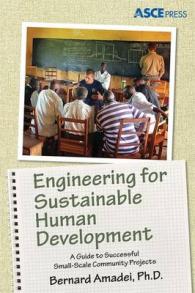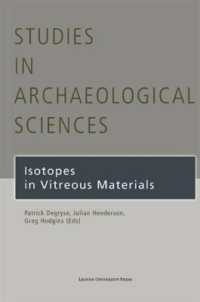Full Description
This two-volume set of LNCS 11871 and 11872 constitutes the thoroughly refereed conference proceedings of the 20th International Conference on Intelligent Data Engineering and Automated Learning, IDEAL 2019, held in Manchester, UK, in November 2019.
The 94 full papers presented were carefully reviewed and selected from 149 submissions.







